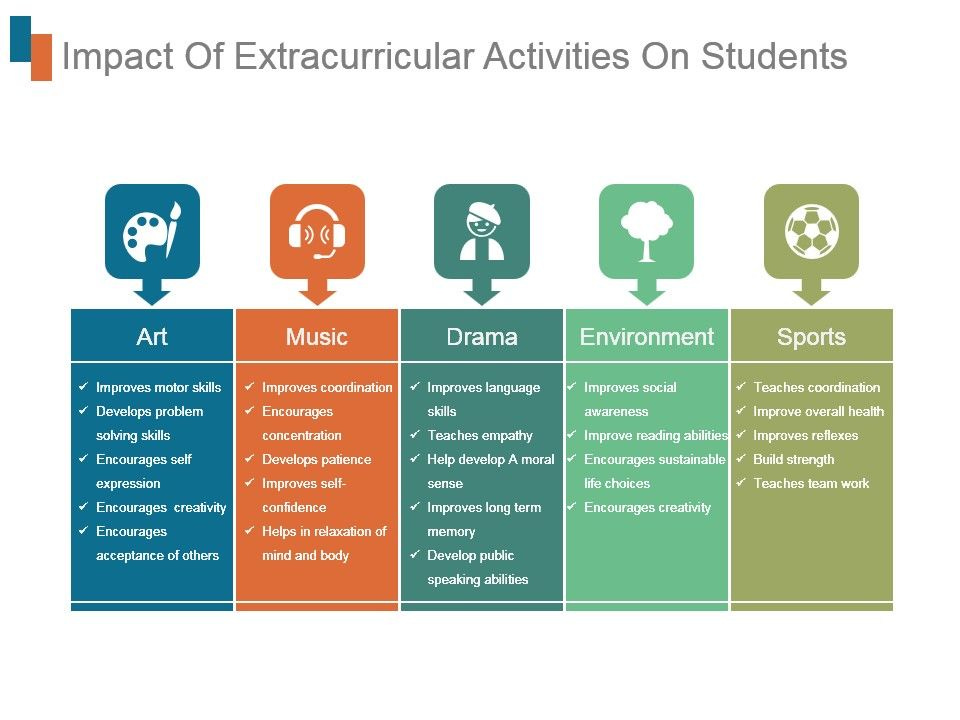Always engrossed in your studies within the four walls of your house? You need to stop doing that!
Even if you keep saying to yourself that you are doing it in order to be better at your work and build a good CV, it is doing more harm to you than you can imagine.
How?
You may have heard plenty of times from your elders that extracurricular activities are necessary for all and they must be ingrained into your livelihood. They might’ve been loquacious on how their friend’s child is now a president or the CEO of a company because they were actively engaged in extracurricular activities.
But do extracurriculars have to be so overwhelming? What are extracurricular activities, exactly? And just how important are they when it comes time to apply to colleges for higher studies?
Extracurricular Activities
What exactly comprises of extracurricular activities?
Almost anything that you are actively and productively involved in can be considered an extracurricular activity.
Here’s a list of around 200 activities that you can refer to check what you might’ve already done and opportunities that could spike your interest. You can also refer to this list while applying for higher studies.
Some of the popular categories are:
Sports, which includes playing on a school sport team, an intramural team, or a club team outside of your school.
Community Service, which includes any sort of volunteer work, either in your community, on a national scale, or abroad.
Employment, including any jobs or internships.
Arts, which includes visual arts, performing arts, comedy, culinary arts – this list is almost endless.
Hobbies, such as blogging, a film club, hiking, Rubik's Cube competitions, Cosplay, and more.
Academic activities, such as math or science clubs or competitions, research, or writing.
What if you are unable to participate in these activities?
What if you didn't have time for joining clubs or playing sports because you had to work to help support your family, or you spent your afternoons looking after your younger siblings?
Admission Officers are intrigued to hear about such activities as well. It is understandable that not all students have the luxury to pursue extracurricular activities due to other obligations. They will realize that the way you have spent your time is equally valuable. Put emphasis on how these experiences have educated you and how they will benefit you later.
For example, you probably have a lot of maturity and a good sense of responsibility for someone your age, and you're good at balancing school work with other commitments. If you've taken on a leadership position at work, that's even better!
Why Colleges Like Students With Extracurricular Activities
Colleges love to see that students are active, contributing members of their communities. Even more importantly, they love to see students who are developing their talents and passions.
An active student will provide assurance that they are not lazy, procrastinating or lethargic.
That does not mean you have to spend a huge chunk of your time in pursuing these activities just because they will look good on your application.
Which extracurricular activity to engage in?
There is a huge roster of activities that you can participate in. You must be interested in them, else there is no point in wasting your time and energy. Be passionate about them and balance your work/study life along with it.
Whatever you do must have one of the following:
Passion:
Admission Officers generally look forward to accepting students who are passionate about what they do. They note the time you have dedicated over the years over a certain activity along with your involvement in it.
Passion signifies how you will act when you feel motivated and is an indicator of the kind of students they are looking for. Try to find out what you care about the most and engage in it not just for filling an application form but to reap the personal benefits that you will be rewarded for the rest of your life.
Leadership:
Taking a leadership role in an activity is really going to help you stand out from the crowd. Leadership experience includes any time that you have been responsible for a project or for guiding, motivating, or instructing others.
Engaging in leadership activities shows that you are capable of handling large-scale responsibility and go on to make huge differences in academia, business, or research.
Impact:
Why does impact matter?
Can you make positive changes around you? Can you influence your surrounding significantly? If yes, then you have the potential to make significant changes later on in the world. You leave an impact if you show dedication, zeal and stay focused.
So, what kind of a person are you?
Will you just sit back and do nothing or will you take efforts to change the world around you?
Decide now!
GDSC PVGCOET recently took the Android Study Jams to educate students on how to use Kotlin on Android Studio.
Followed by that, a mini Hackathon, “Innovathon“ was announced to motivate students to develop an android app.
There are several perks of participating in the mini-Hackathon.
Haven’t started yet? Worry not! You have until 4th January to submit!
Till then, happy coding with Kotlin!





